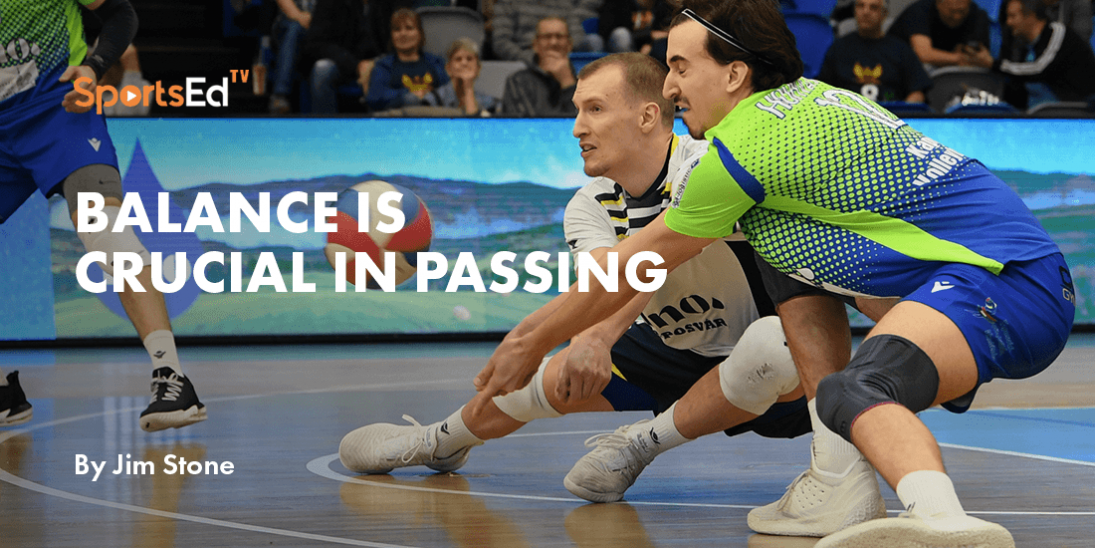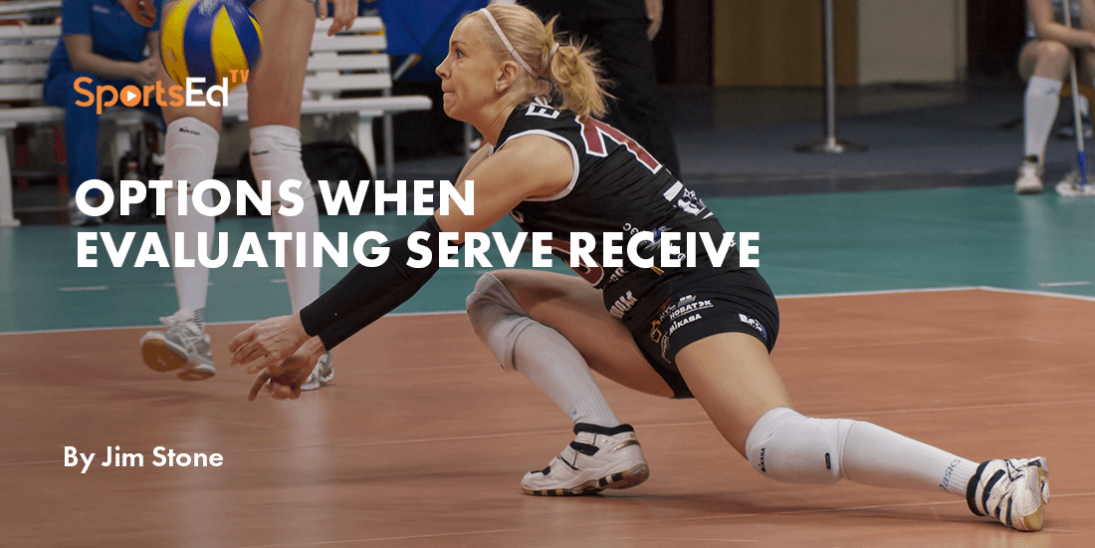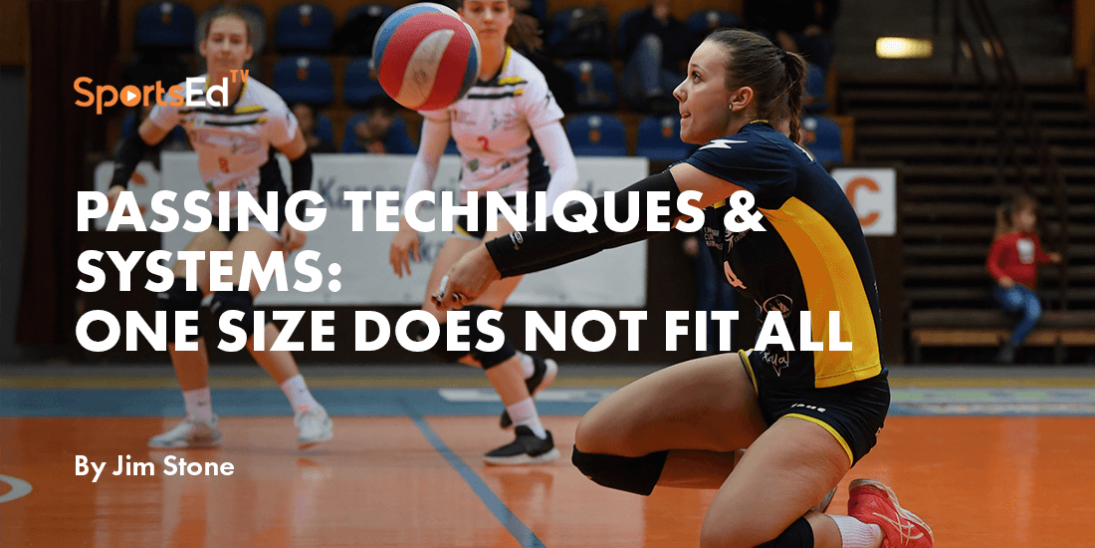Volleyball
Welcome and thanks for visiting...

Get Quality Practices Using Logistics

It is easy for me to understand former Los Angeles Laker head coach Pat Riley who told us he’d spend three hours planning a practice of the same length. Detailing practice activities, I am convinced, took up a significant portion of Riley’s practice planning time.
Assigning coaching staff duties, attending to the order of events, stats to be recorded, and time allotted to each task, I'm confident we're among those plans. As I recently blogged there is a handful of "time sucks" that waste time in practice and training sessions. This time, I'll suggest another handful to use in creating more efficient practices.
Practice time is a coach’s most valuable asset. Spending that valuable time with a team is enhanced by employing the most crucial element of coaching—practice preparation and time management. Play in competition is determined by what level is accomplished in practice. As such, practice planning calls for a coach to put forth the best and most professional effort. When circumstance precludes a coach from devoting sufficient time to planning, it must be delegated to other qualified staff members to provide the must-have framework for good practice.
Communicate Volleyball Practice Content to Players Up-Front
Well before the practice schedule, communicate the content of the next practice to the players on the team. Be sure to include goals, video if available of the defensive or offensive concepts planned to be practiced, scouting reports, and other stats. This way every player should attend practice knowing fully the information to meet their responsibilities. As an example, they should know the keywords such as the ones used to describe a specific play. Each practice might include a quiz on the subject to keep them committed to pre-practice study and encourage readiness to get the most out of the time.
Assist Time Management by Using Practice Tools
A quick attention-getter that I use is the classic whistle. Though the whistle has been discouraged as being too authoritarian, I find its efficiency outweighs any liability and lets my personality smooth out negatives. Writing the practice schedule on an easy-to-see whiteboard that outlines activities, teams, partners, stats, time increments, goals, and other aspects as defined is another time-saver.
Keep the drills at an up-tempo pace. Minds will wander when slow pacing occurs and the players' concentration will wane. Set up duties such as players' responsibilities for ball chasing and administrative style duties. Give drills or activities a memorable name so you don’t have to explain them and use valuable time.
Make Substantial Investment in Pre-Practice Logistics
A coach’s greatest challenge may be the blending of good content with efficient management of time. To succeed a keen focus on practice logistics is required. Observing a college football team in a practice session is a good place to emulate. Because there are so many moving parts, you are apt to see a logistical machine at work. When a sound signifies change the players know what is next on the practice agenda as the order of events has been pre-determined and posted. Practice content is the gold standard of any sports training session.
Here are some keys:
Prepare and locate necessary equipment in the practice area. If you use boxes or other on-court tools have them easily accessible beforehand.
What about towels, computers, scoreboards, and stat sheets? Ready to go?
Support personnel needs to know their roles. Who is scoring, and stat keeping? Where are the cameras to be located and who will operate them? Are there special camera views needed during the session that would require adjustment? What are they and when will they occur?
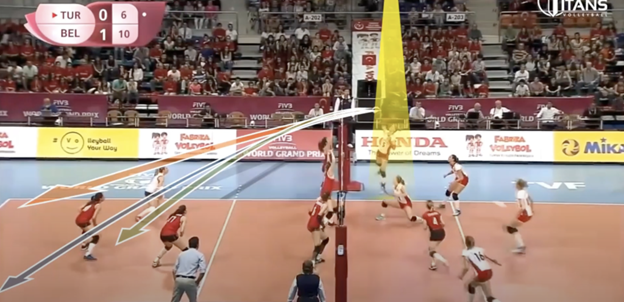
Each practice has its infrastructure, so undoubtedly there are other items. The concept is don't waste time during training. Pre-plan the timing and the adjustments. Assign staff as it pertains to the overall plan and logistics. Developing a practice checklist is a good idea to have as support for each planning session.
Feedback on the Fly
Practice is the time for quality repetitions, not listening to the coach pontificate about some aspect of the game. Make your expectations known at the start of the activity; then, all feedback is done while the activity continues. If you need to speak with a player, pull the player out while allowing the activity to proceed. If another court is available, take a player to get some focused repetitions, then plug them back into the drill. Use video as an essential feedback tool. Have a monitor close to the court so non-participating players can observe their performance in drills and receive feedback from the staff. Extended feedback by the coach is accomplished outside the practice environment.
After Practice Debrief and Evaluation
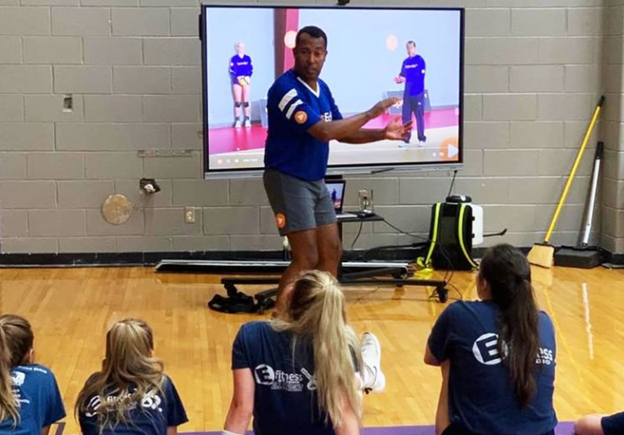
Some after-practice evaluations only focus on a player or team's performance. After all the effort put in on organizing and logistics of the session, that should be evaluated, too. Question their efficiency, the order, and did they achieve the stated objectives.
Spending time reviewing the practice video from time management and organizational points of view is equally valuable. Was there too much talking and not enough playing? What modification might be made for future sessions? Did players receive enough direct contact to improve?
Were goals met? If not, what might be done better in new plans? How did the drill work? Was time management good? What about the next practice? It's time to start the pre-practice planning routine all over again for the next session.
Yes, planning is time-consuming. Effective practice requires it. Well-placed practice logistics are the recipe. The bounty will be productive practice sessions and we all know what that will bring.


